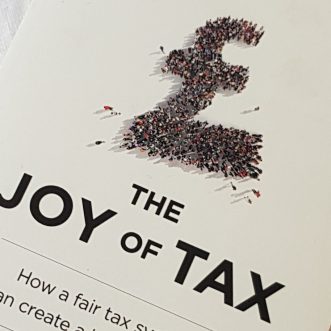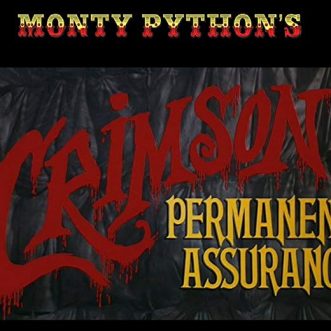
Performance – costs and revenues
As we all know, profit is what’s left of revenue after you’ve taken out all the cost.
Revenue is easy to measure. Cost is a little harder.
Ideally, you would directly attribute every cost incurred by a business (including what would normally be called ‘overhead’) to the end-to-end process of acquiring and serving a single client with their chosen product or service.
This is a time-consuming thing to do, which is why many small businesses work on a rule of thumb of some kind, such as the ‘one third wages, one third overhead, one third profits’ approximation used by many accountants.
It turns out though*, that ‘time spent’ is a pretty accurate proxy for all costs, so a relatively easy way to get an accurate picture of how much a process is costing to run, is to measure how much time is spent on running it.
This means that the efficiency of a business as a system can be measured in a straightforward way – by simple observation.
I like simple and straightforward systems, so this makes me extremely happy.
*”Duration-Based Costing: Utilizing Time in Assigning Costs” Anne-Marie Lelkes, Ph.D., CPA, Management Accounting Quarterly, Summer 2017.








